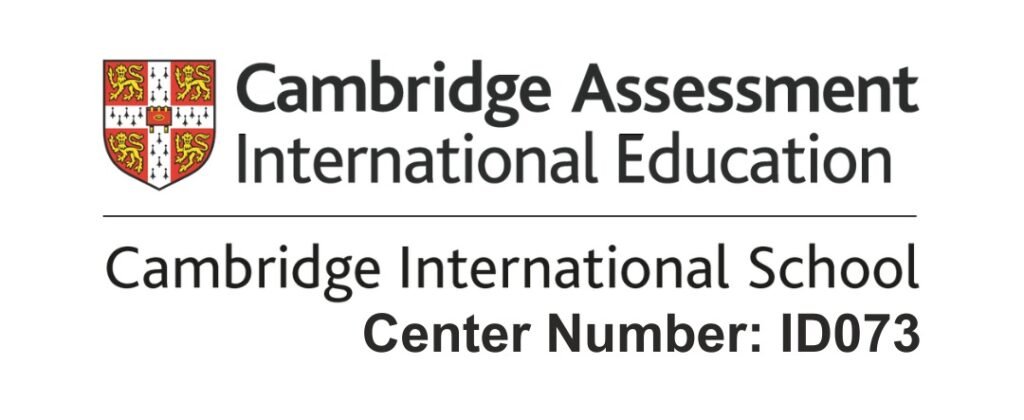Cambridge IGCSE®
Subject Details (Chemistry)
Key benefits
Cambridge IGCSE™ syllabuses are created especially for international students. For over 25 years, we have worked with schools and teachers worldwide to develop syllabuses that are suitable for different countries, different types of schools and for learners with a wide range of abilities.
Cambridge IGCSE Chemistry enables learners to:
- increase their understanding of the technological world
- take an informed interest in scientific matters
- recognise the usefulness (and limitations) of scientific method, and how to apply this to other disciplines and in everyday life
- develop relevant attitudes, such as a concern for accuracy and precision, objectivity, integrity, enquiry, initiative and inventiveness
- develop an interest in, and care for, the environment
- better understand the influence and limitations placed on scientific study by society, economy, technology, ethics, the community and the environment
- develop an understanding of the scientific skills essential for both further study and everyday life.
Our programmes balance a thorough knowledge and understanding of a subject and help to develop the skills learners need for their next steps in education or employment.
Aim
The aims describe the purposes of a course based on this syllabus.
The aims are to:
- provide an enjoyable and worthwhile educational experience for all learners, whether or not they go on to study science beyond this level
- enable learners to acquire sufficient knowledge and understanding to:
-
- become confident citizens in a technological world and develop an informed interest in scientific matters
- be suitably prepared for studies beyond Cambridge IGCSE
- allow learners to recognise that science is evidence based and understand the usefulness, and the limitations, of scientific method
- develop skills that:
-
- are relevant to the study and practice of Chemistry
- are useful in everyday life
- encourage a systematic approach to problem solving
- encourage efficient and safe practice
- encourage effective communication through the language of science
- develop attitudes relevant to Chemistry such as:
-
- concern for accuracy and precision
- objectivity
- integrity
- enquiry
- initiative
- inventiveness
- enable learners to appreciate that:
-
- science is subject to social, economic, technological, ethical and cultural influences and limitations
- the applications of science may be both beneficial and detrimental to the individual, the community and the environment.
Assessment overview
All candidates take three papers.
Candidates who have studied the Core subject content, or who are expected to achieve a grade D or below, should be entered for Paper 1, Paper 3 and either Paper 5 or Paper 6. These candidates will be eligible for grades C to G. Candidates who have studied the Extended subject content (Core and Supplement), and who are expected to achieve a grade C or above, should be entered for Paper 2, Paper 4 and Paper 6. These candidates will be eligible for grades A* to G.
Chemistry IGCSE Syllabus code 0620



